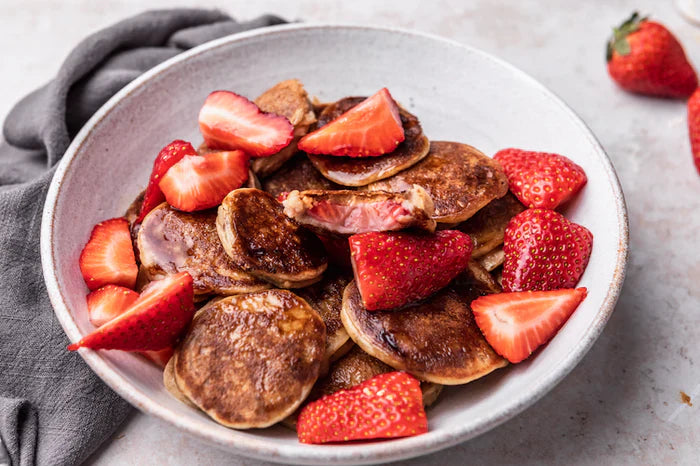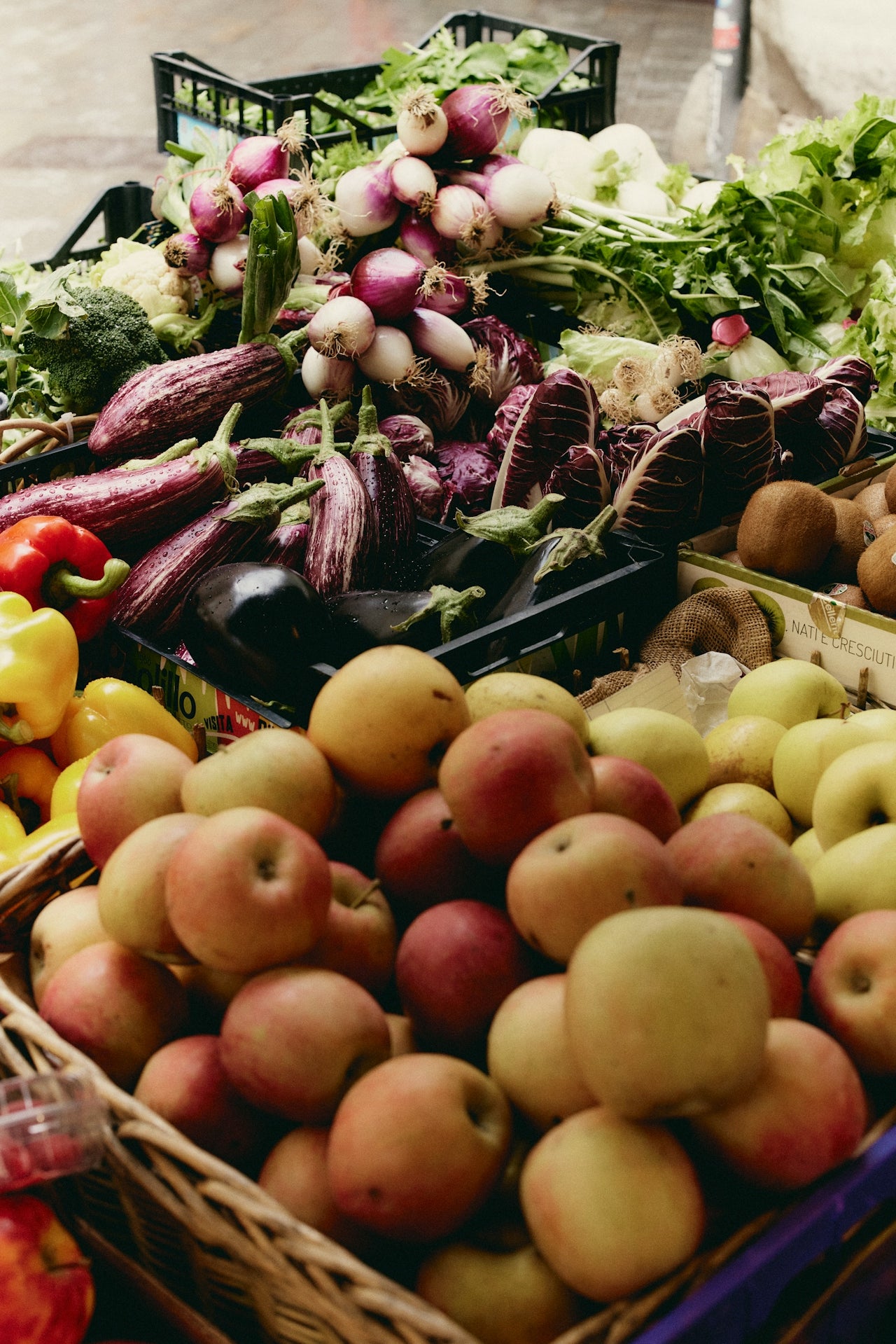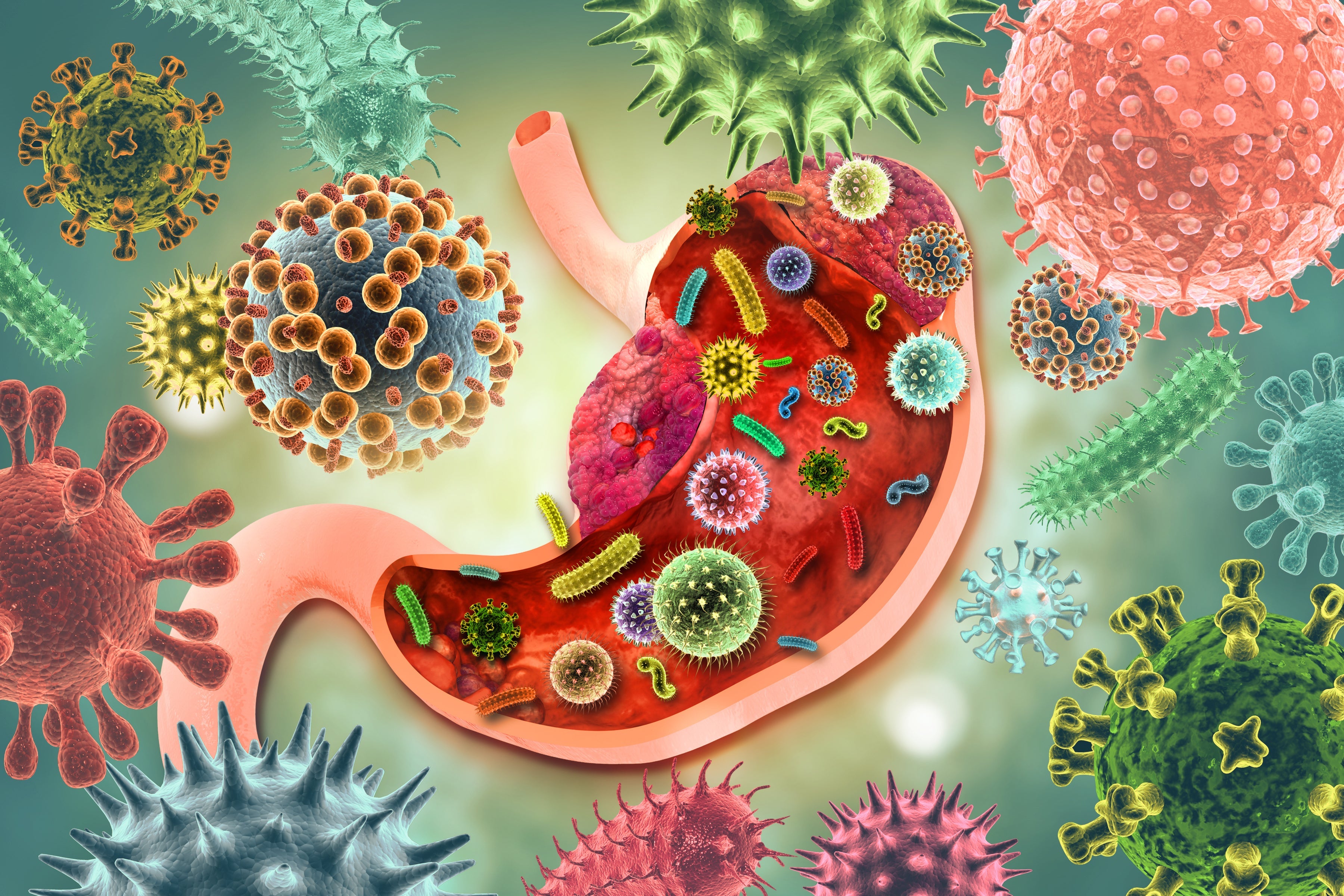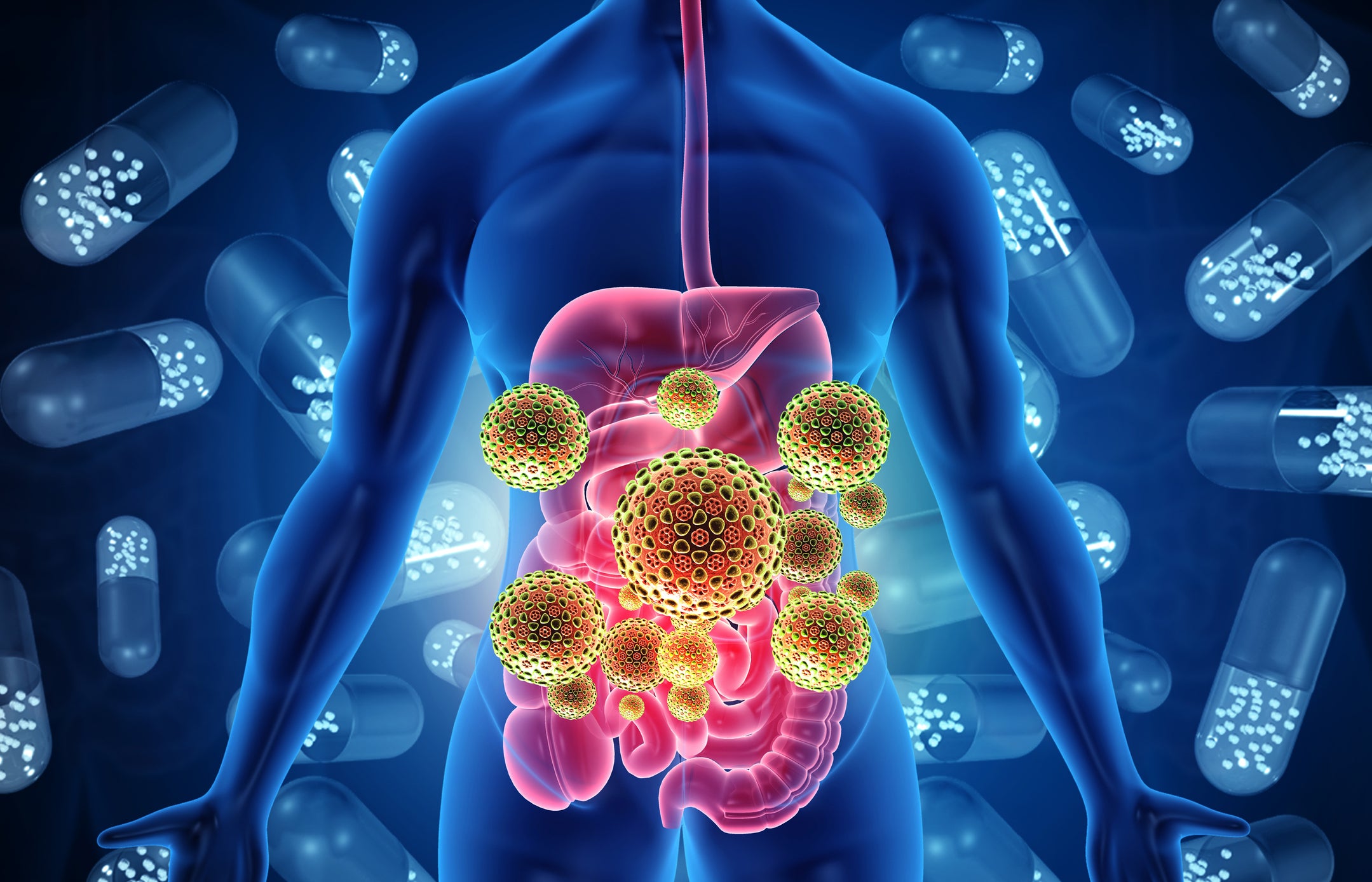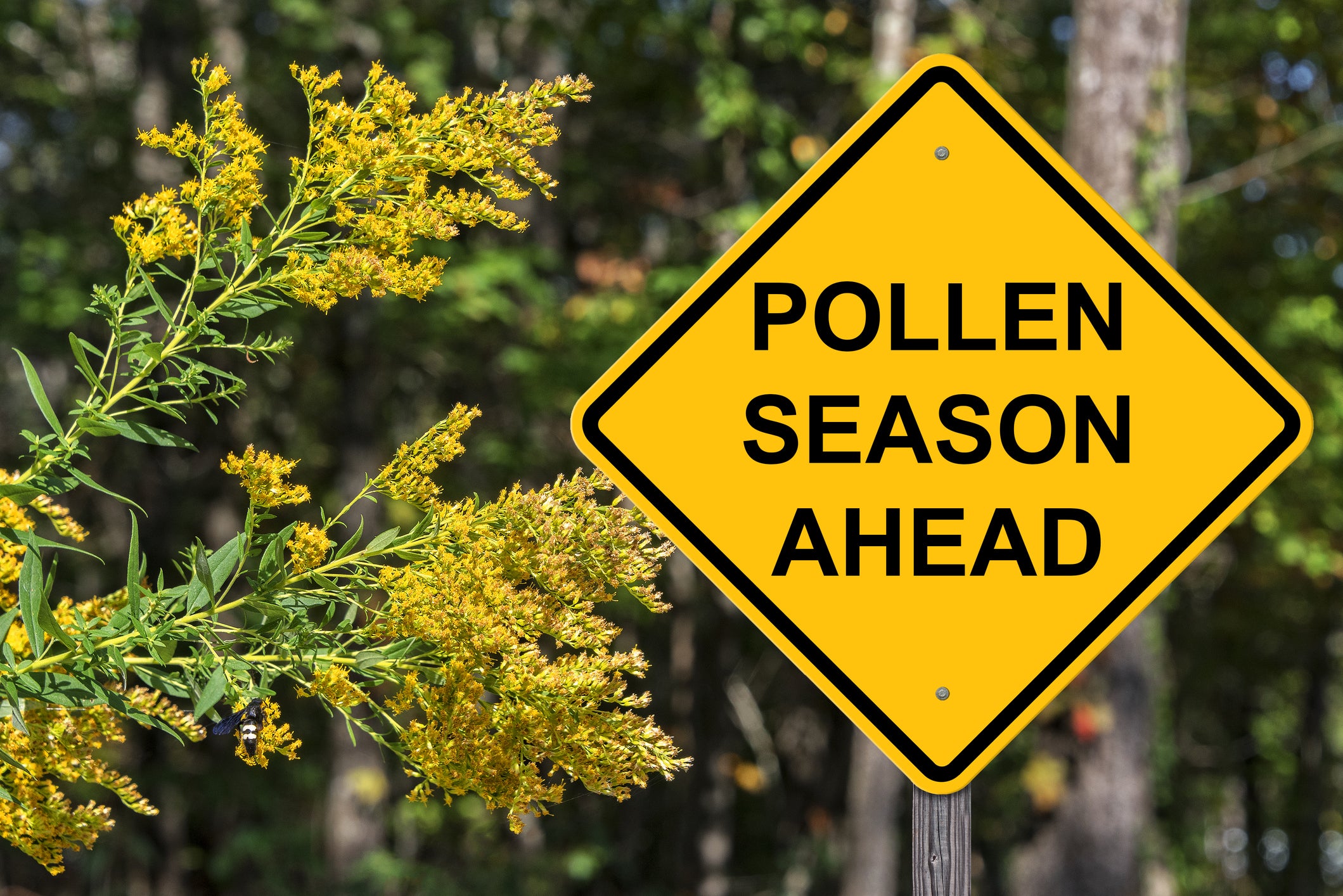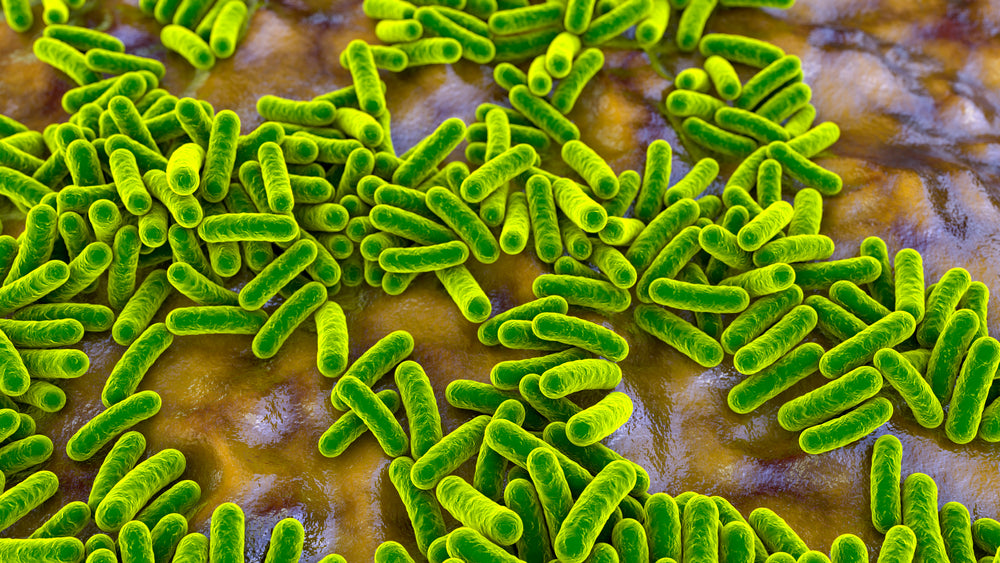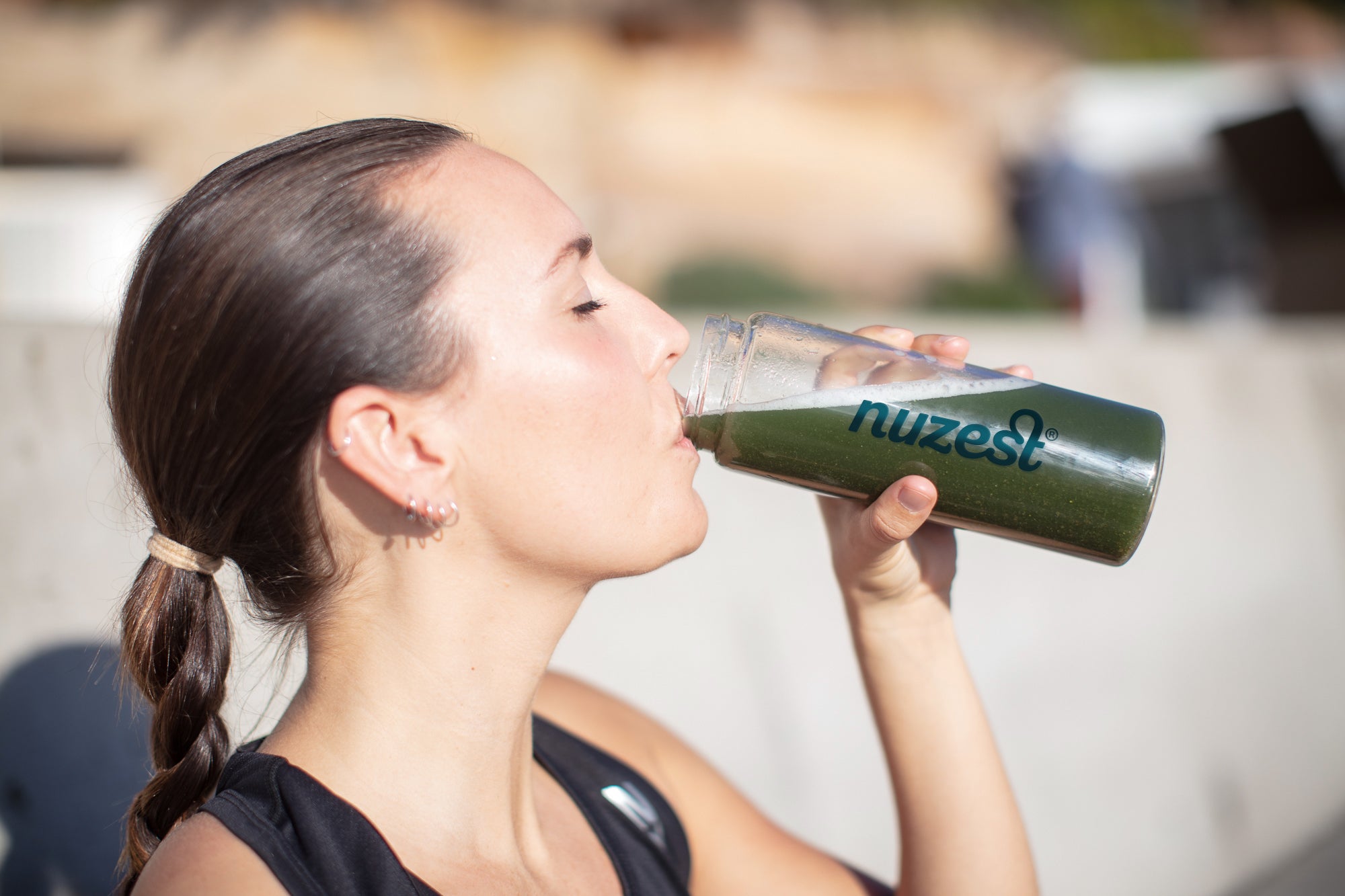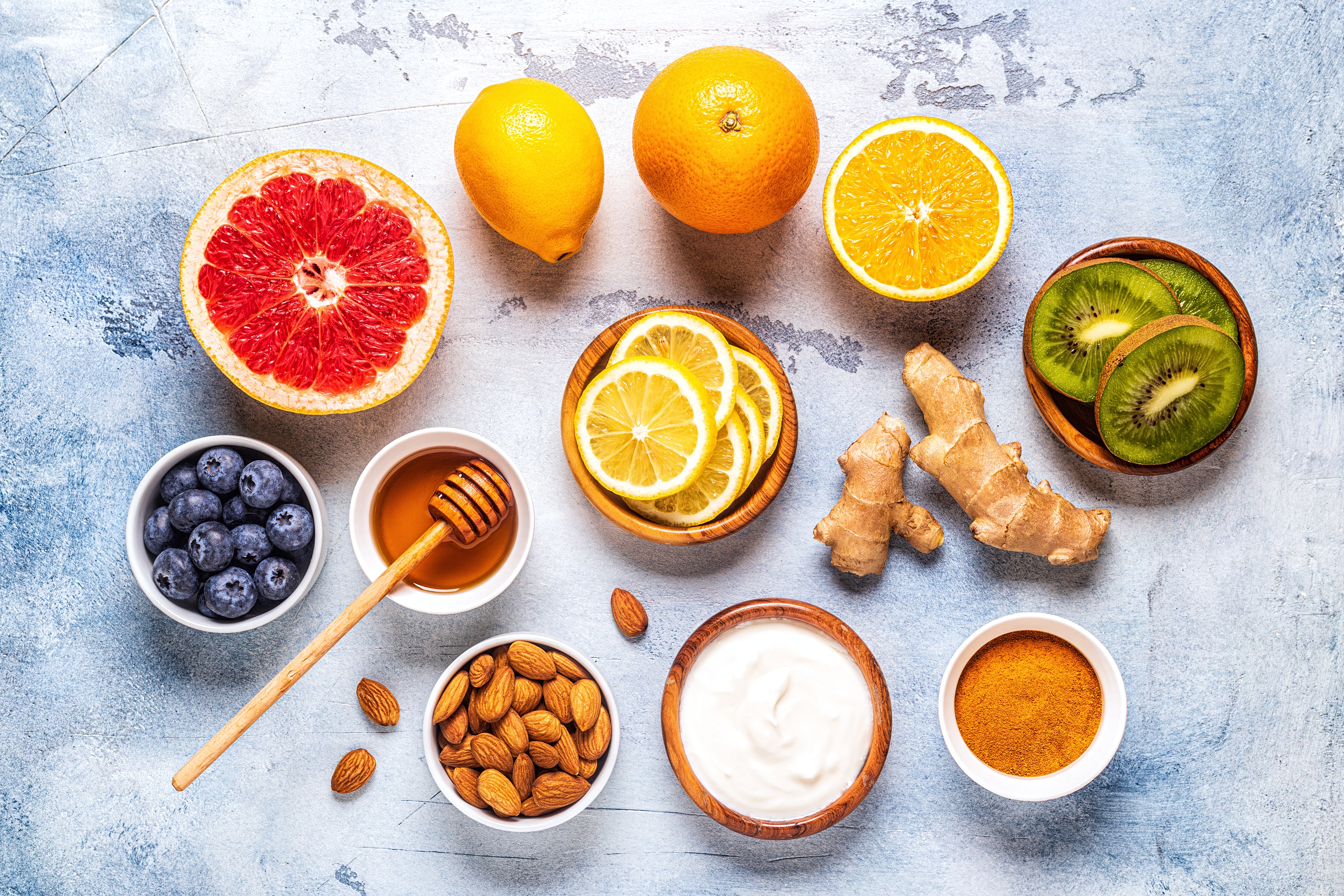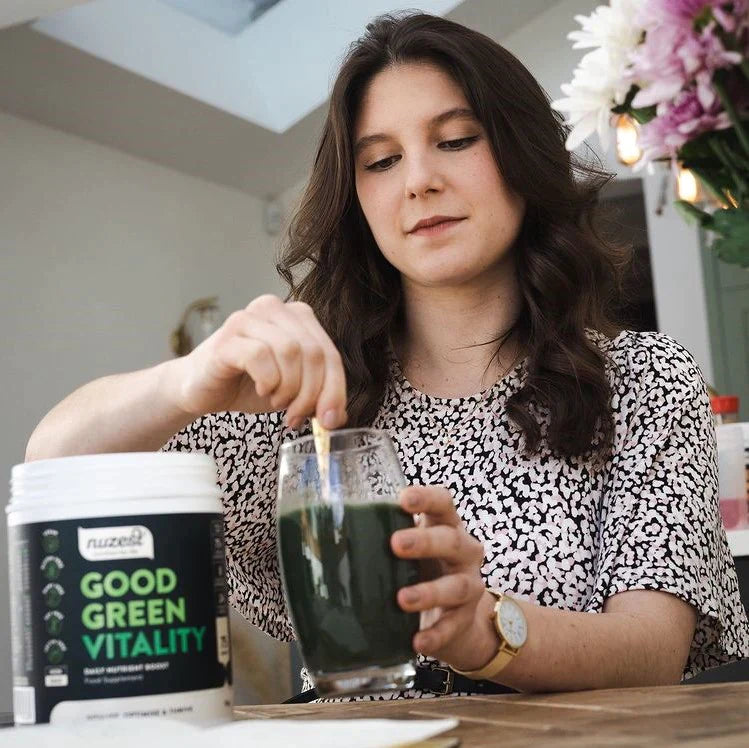By Kiah Paetz (Accredited Practicing Dietitian & Nutritionist)
The human digestive system is the key to how the body receives all the nutrients it needs. It contains nine organs, each which have their own distinct role.1
What does the digestive system do?
The digestive system is made up by the gastrointestinal (or digestive) tract as well as other organs such as the pancreas, liver, and gall bladder. This system helps the body break down food into carbohydrates, fats, proteins, vitamins and minerals. These are then absorbed into the blood stream where they are used for a variety of purposes. This includes supplying the body with energy, repairing the body and stimulating its growth. Any unused waste materials leave the body in the form of stools and urine.
What parts make up the digestive system?
Mouth
Digestion starts at the mouth. Here, food is consumed and broken-down using saliva and enzymes. The saliva contains many enzymes including one called amylase. This helps to break down carbohydrate-rich foods into smaller molecules like sugars. These foods include fruits, potatoes, rice, pasta, and quinoa.
Oesophagus
After food has been chewed in the mouth it turns into a bolus and is propelled down the oesophagus into the stomach. The bolus moves using a series of muscle contractions called peristalsis. This helps food to move in a downwards motion and prevents stomach contents escaping up the oesophagus.
Stomach
The stomach is where food is broken down into even smaller molecules. It contains gastric juices known as hydrochloric acid and pepsin. This helps to break down protein-based foods such as chicken, meat, fish, legumes and tofu. The stomach also acts like a concrete mixer as it churns and mixes food together. This creates a thick liquid known as chyme.
Small intestine
The small intestine is the key to the body receiving all of the micronutrients from food. It is approximately 5m long and 3.5cm in diameter, providing a large surface area for absorbing nutrients.
The small intestine is also where the other complimentary organs become important. Bile, received from the gall bladder and enzymes known as proteases, lipases and amylase from the pancreas are released into the upper section of the small intestine.2 This further breaks down proteins into its building blocks known as amino acids and fat into fatty acids. When food is broken down into these smaller particles, it can be absorbed by the blood stream through the wall of the small intestine.
Colon (or large intestine) and rectum
Unlike the small intestine which is involved in absorbing many micronutrients, the colon is only involved in absorbing water, mineral salts and some vitamins.3 It is the largest part of the gastrointestinal tract and contains the ascending colon, transverse colon, descending colon, sigmoid colon and finishes with the rectum. Undigested fibre passes through the large intestine and provides fuel for the healthy gut bacteria which reside in here. Waste is expelled from the body from the rectum.
Common digestive issues
Unfortunately, the digestive tract does not always work perfectly. Many people experience acute (short term) and chronic (long term) digestive issues, which can affect digestion.4 Common digestive issues include bloating, diarrhea, constipation, abdominal pain and reflux.
While some of the symptoms occur due to either the type or quantity of food we’ve eaten, or in response to medication or lifestyle factors (such as stress), sometimes these can be indicative of an underlying symptom of certain chronic conditions including:
Irritable Bowel Syndrome
A condition characterized by bloating, abdominal discomfort diarrhea and/or constipation.
Coeliac Disease or Celiac Diseases
An auto-immune condition affecting the lining of the digestive tract which can lead to nutritional deficiencies if a strict gluten free diet is not adhered to.
Gastro-oesophageal reflux disease
Reoccurring acid reflux of the acid contained within the stomach. This can affect the digestion of proteins and increase the risk of oesophageal cancer.
Inflammatory Bowel Disease
Crohn’s and Ulcerative Colitis are autoimmune conditions where parts of the small and/or large intestine become inflamed and have an impaired ability to absorb nutrients.
However, these conditions must be diagnosed by a healthcare professional, so if you are concerned about any of the digestive issues you are experiencing, it is important you speak to your doctor.
Digestion is complicated, and so are digestive issues. There are a number of other factors that can affect digestion, so it is best to consult with a medical professional.
References
- Information, H., Diseases, D., Works, Y., Works, Y., & Center, T. (2020). Your Digestive System & How it Works | NIDDK. Retrieved 20 February 2020, from https://www.niddk.nih.gov/health-information/digestive-diseases/digestive-system-how-it-works
- Digestive enzymes. (2020). Retrieved 20 February 2020, from https://www.sciencelearn.org.nz/resources/1840-digestive-enzymes
- MedlinePlus Medical Encyclopedia Image. (2020). Retrieved 20 February 2020, from https://medlineplus.gov/ency/imagepages/19220.htm
- Information, H., Diseases, D., Diseases, D., Center, T., & Health, N. (2020). Digestive Diseases | NIDDK. Retrieved 20 February 2020, from https://www.niddk.nih.gov/health-information/digestive-diseases








